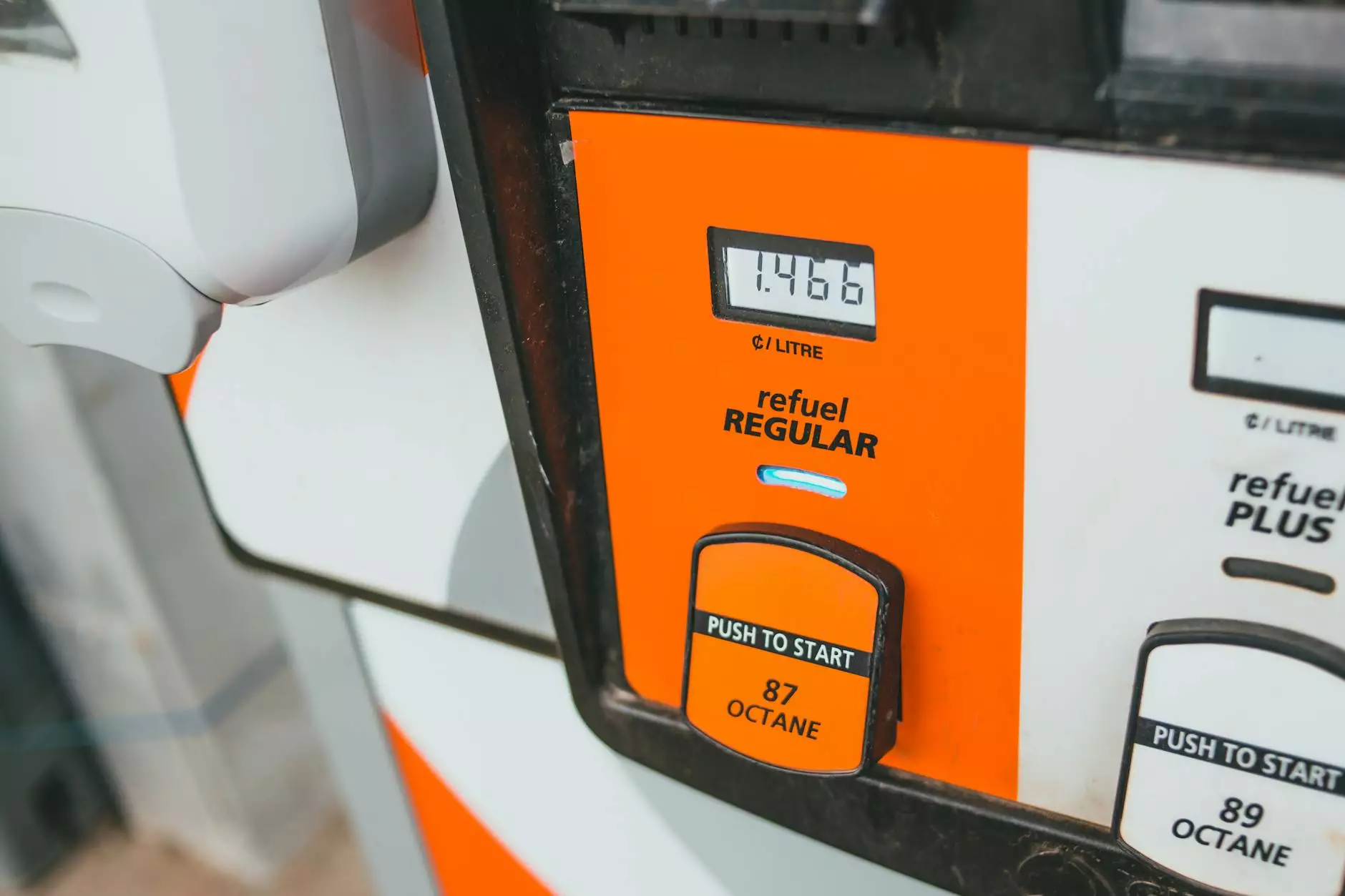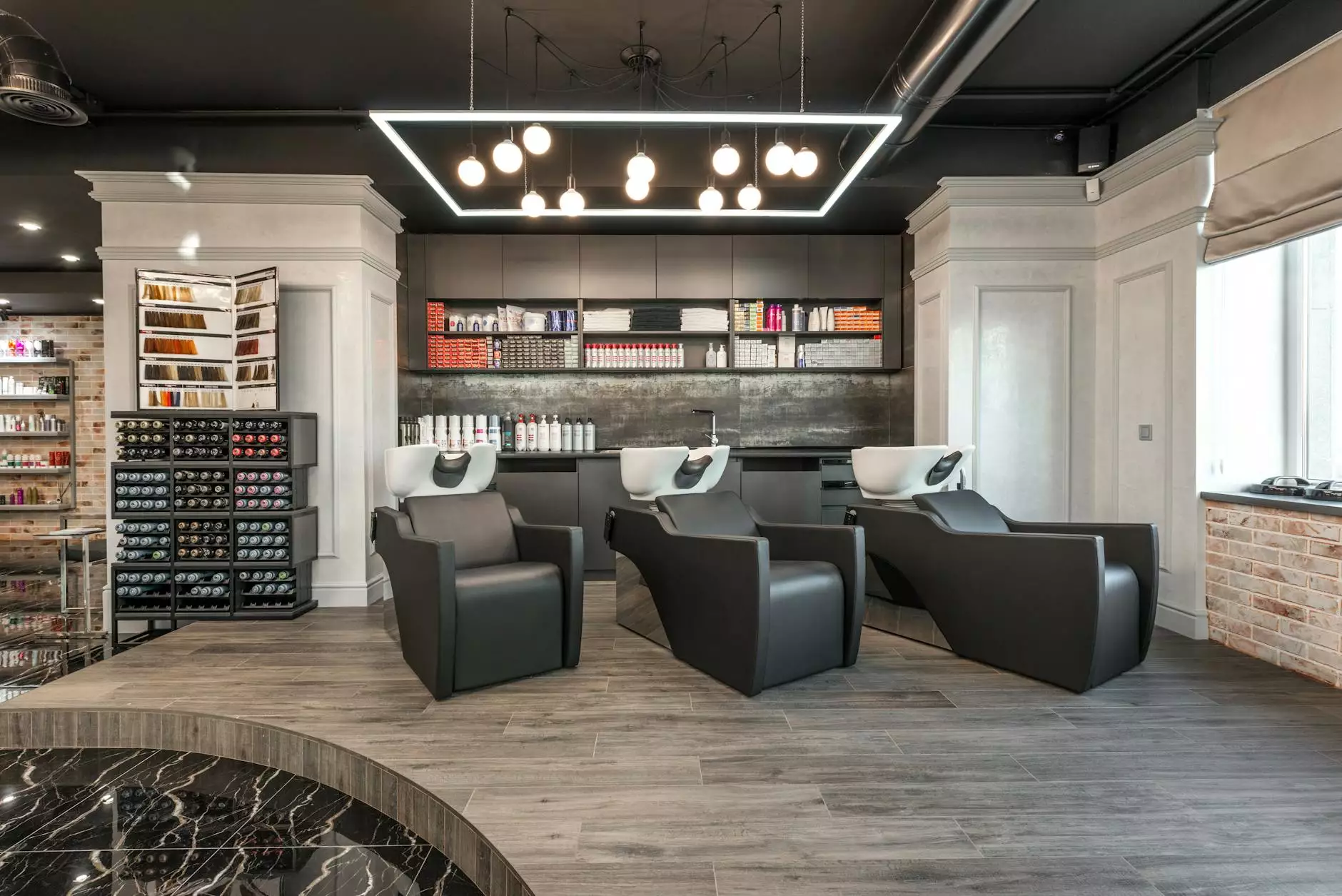The Rise of Forged Carbon Car Parts in Automotive Customization

The automotive industry is in a state of rapid evolution, and one of the most exciting developments in recent years has been the emergence of forged carbon car parts. These revolutionary components are not only pushing the boundaries of design but are also enhancing performance, making them a hot topic among automotive enthusiasts and professionals alike. In this article, we'll dive deep into what forged carbon is, its advantages, applications in the automotive world, and why it’s the future of car customization.
What is Forged Carbon?
Forged carbon is a composite material made by mixing carbon fibers with a resin and then applying heat and pressure to create a solid, lightweight, and incredibly strong material. Unlike traditional carbon fiber, which is laid out in sheets and cured, forged carbon involves a unique process that combines random carbon fibers into a dense mat before the molding process. This fabrication method results in a material that is not only robust but also offers distinct aesthetic qualities favored by car enthusiasts.
Benefits of Forged Carbon Car Parts
When considering forged carbon car parts, there are numerous advantages that they bring to automotive customization. Here are some of the key benefits:
- Lightweight Characteristics: Forged carbon components are significantly lighter than their metal counterparts, reducing overall vehicle weight and improving fuel efficiency.
- Enhanced Strength: Despite being lightweight, forged carbon exhibits outstanding tensile strength, making it ideal for high-performance applications.
- Unique Aesthetics: The visually striking patterns of forged carbon provide a modern, sleek look that appeals to car enthusiasts and customization aficionados.
- Corrosion Resistance: Forged carbon is resistant to environmental factors, ensuring longevity and durability under various weather conditions.
- Reduced Manufacturing Costs: When produced at scale, forged carbon can lower production costs compared to traditional metal parts, making it a financially attractive option for manufacturers.
Applications of Forged Carbon in the Automotive Industry
The versatility of forged carbon opens up a myriad of opportunities for its application within the automotive sector. Here are several areas where forged carbon car parts are making a significant impact:
1. Performance Parts
Forged carbon is increasingly being used to create high-performance automotive parts such as engine covers, brake calipers, and suspension components. These performance parts benefit from the material's lightweight and strong properties, enabling cars to achieve superior speed and handling.
2. Body Components
Customizing the exterior of a vehicle with forged carbon panels, hoods, or fenders can greatly enhance both the performance and aesthetics of the car. The unique texture and finish of forged carbon provide a distinct look that sets vehicles apart from the competition.
3. Interior Details
Beyond structural parts, forged carbon is also being utilized for interior customization. Components such as dashboard trims, door handles, and shift knobs made from forged carbon add a luxurious feel and highlight the owner's attention to detail.
4. Custom Accessories
Car enthusiasts are always on the look for unique accessories, and forged carbon fits the bill perfectly. From license plate frames to key fobs, the potential for custom forged carbon products is virtually limitless.
Why Choose Forged Carbon Car Parts for Customization?
When customizing a vehicle, the choice of materials can make all the difference. Here’s why you should consider forged carbon car parts for your next project:
Performance Enhancement
The reduction in weight when using forged carbon leads to better acceleration, improved fuel economy, and enhanced handling characteristics. This is particularly valuable for performance cars or modified vehicles aiming for track use.
Custom Aesthetic Appeal
Forged carbon offers a modern, racing-inspired look that many car lovers strive for. The unique patterns and finishes available in forged carbon ensure that your vehicle stands out on the road and at shows.
Long-Term Durability
Investing in forged carbon parts is also a wise choice for those looking for durability. These components withstand the test of time, ensuring that your vehicle maintains its enhanced performance and appearance for years to come.
Potential Challenges and Considerations
While the advantages of forged carbon car parts are compelling, there are considerations to keep in mind:
- Cost: Initially, forged carbon parts can be more expensive than traditional materials. However, the long-term benefits may justify the investment.
- Repairability: Forged carbon materials can be more challenging to repair than metal parts. In the event of damage, replacement might be the only solution.
- Knowledge and Expertise: Proper installation requires skilled technicians familiar with the properties of forged carbon to ensure optimal performance and safety.
Conclusion: The Future of Automotive Customization
The realm of automotive customization is witnessing a remarkable shift with the introduction of forged carbon car parts. These innovative components are not just a passing trend but a significant evolution in how enthusiasts approach vehicle modifications. As manufacturers continue to explore the capabilities of forged carbon, the automotive landscape is poised to evolve further, providing enthusiasts with an ever-expanding range of options to personalize their vehicles.
For those interested in enhancing their cars through cutting-edge technology and design, investing in forged carbon parts from reputable vendors like TuneVerse.net can indeed be a game-changer. With ongoing advancements and the growing popularity of forged carbon, the future of automotive customization looks not only exciting but also brighter than ever.









